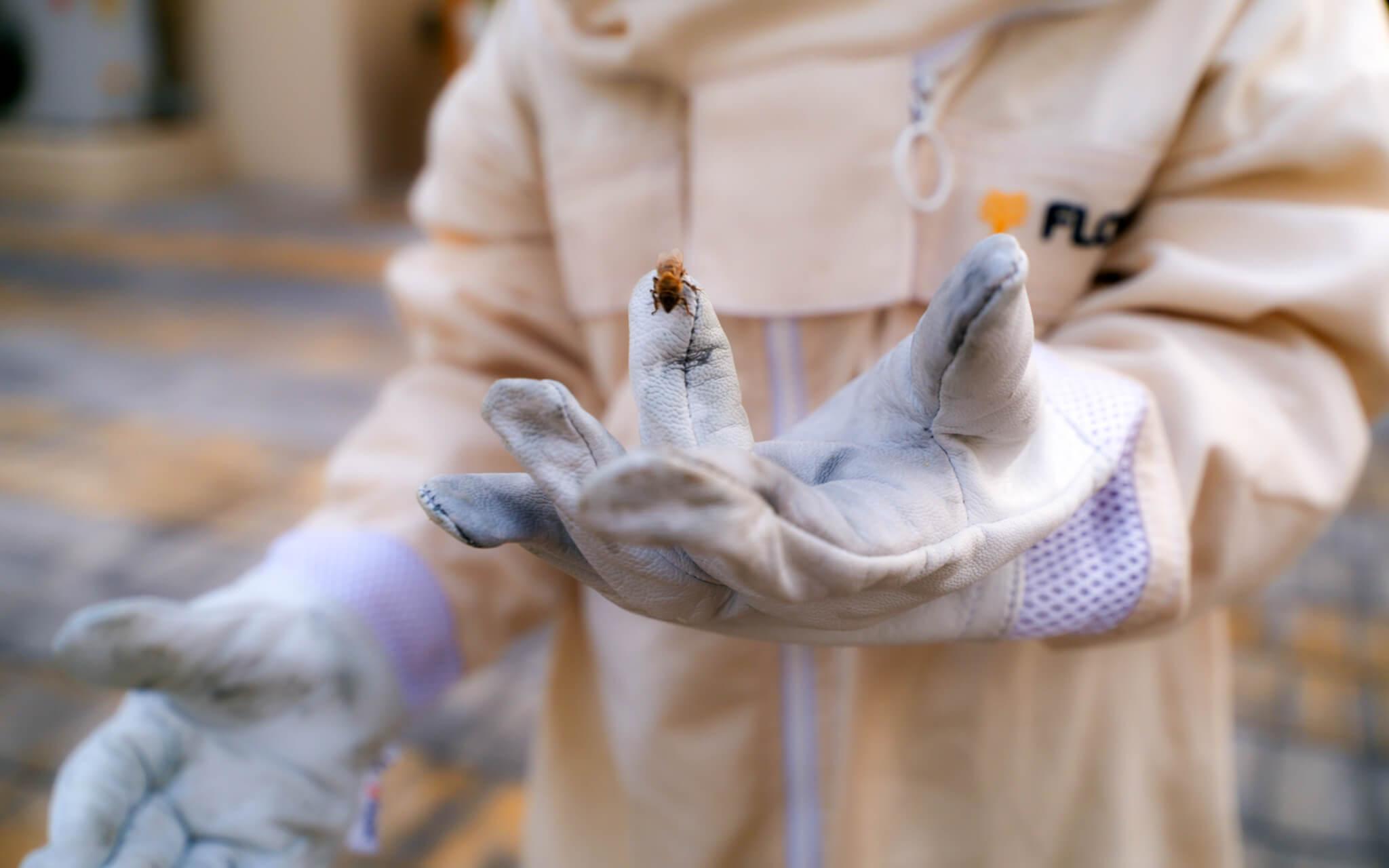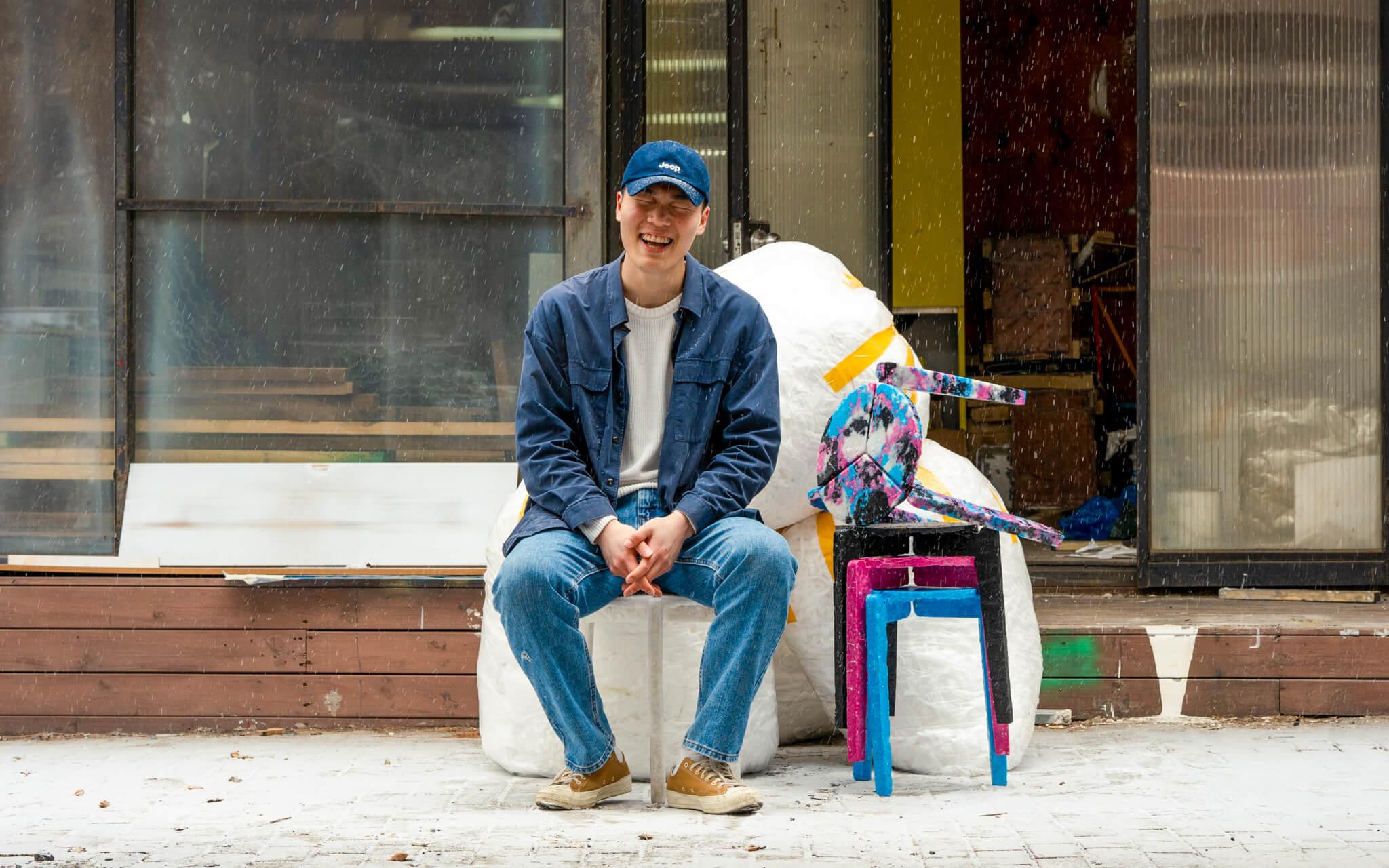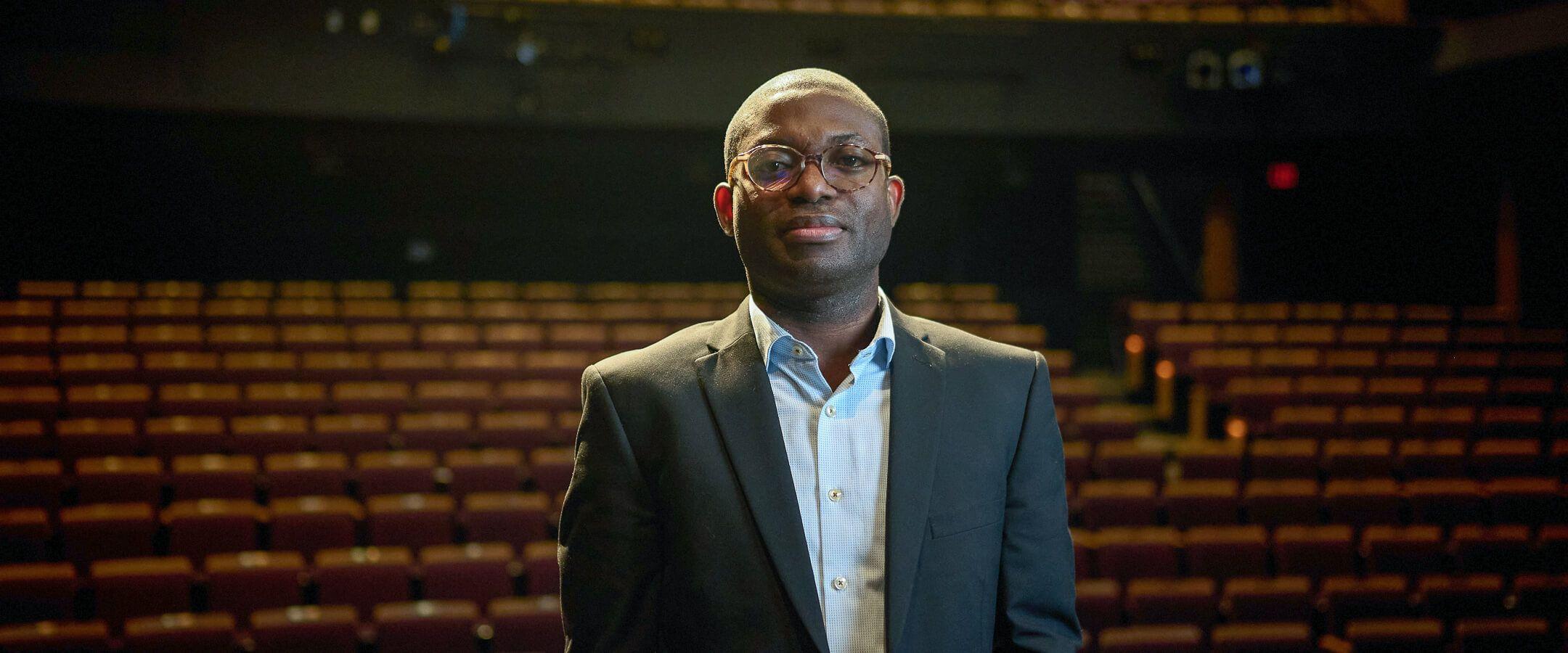No Guarantees with Gorillas
Eco-tourism seeks to mitigate the environmental impacts of travel; Michelle O’Donnell’s small group tour company, Wildly Adventures, brings ethical wildlife experiences and incredible destinations together.
Michelle O’Donnell pins her love for animal conservation on a surprising source, Gorillas in the Mist. For anyone unfamiliar with the 1988 film, Sigourney Weaver stars as Dian Fossey, the primatologist who spent over twenty years researching mountain Gorillas in Rwanda and Uganda. “My mother always tells me it was the first movie that made me cry, but from that moment, I was obsessed with gorillas.”
In many ways, this has been the inspiration for the travel company Michelle founded and now operates.
Originally from Ireland, it was after her first trip abroad to Uganda, coupled with her love of animals, that Michelle knew she wanted to spend her days exploring the world. Today, Wildly Adventures hosts tours in a dozen different countries, including Costa Rica, Norway, Uganda, Kenya, Madagascar, and Romania, all focusing on ethical wildlife experiences and eco-friendly practices.
Travel can be a transformative experience; however, it can also cause damage to local environments and host communities. For Michelle, tour operators must act responsibly and educate their guests to do the same when visiting a new location. Guests, she says, don’t always know best practices when going on a safari, “But the companies do know better.”
“I ask all the companies and guides I partner with to sign an MOU to make sure that they understand my values and what my guests are expecting,” she tells me from her apartment in Uganda, trucks rumbling as they pass. “I say all this in advance so that I’m clear on how the tour is to be done.”
For many group tours specialising in wildlife viewing, certain practices have become the norm: off-roading in national parks, baiting animals with food so guests can get a picture, and even allowing visitors to interact with wildlife. But these behaviours ultimately endanger wildlife, changing feeding and migration patterns and encouraging dangerous levels of habituation with humans.
In Kenya, for example, national parks such as Masai Mara might have over 300,000 visitors each year, all desperate to see a lion take down a gazelle or trying to get the perfect photo of a leopard napping in a tree.
But as Michelle tells me, this mass tourism can come at a cost. “Sometimes your guide will say, oh, there are lions just a little bit off the road; we can take you to see them and come back quickly. And then I have to say no. Small antelopes give birth and leave their babies in the long grass, and birds nest on the ground, and just driving off-road to get a closer look at a lion means damaging that habitat.”
“But that's not the experience I want for my guests. I want wild experiences where there’s still that chance, that excitement of ‘will we see an animal, won't we see it’?”
So, how exactly does Michelle ensure that Wildly Adventures mitigates tourism's environmental and social effects? By partnering with local drivers and tour operators, staying at local guesthouses, and visiting community-run parks. Local drivers understand the country and the environment better, and using local guesthouses ensures the money generated by tourism stays within the community.
As for the parks, many travellers may not even realise that big game parks, particularly on the African continent, aren’t always run by the government. “I think there's a big misconception where people believe that National Parks run by the government are the best places to visit. I think parks run by wildlife organisations are better because that money goes directly back to local communities.“
Madagascar comes up frequently in our conversation – the beautiful islands, the shy Mouse Lemurs (possibly the most adorable animal in existence) and, sadly, the frequent practice of baiting the lemurs with a banana at the base of a tree.
“But that's not the experience I want for my guests. I want wild experiences where there’s still that chance, that excitement of ‘will we see an animal, won't we see it’?” she explains.
There’s also the human element – Wildly Adventures has partnered with multiple local organisations, including a pangolin conservation centre and a non-profit that creates reusable menstrual products. Guests, Michelle tells me, are often given a list, such as sewing kits or veterinary supplies, small items that can fill in extra luggage space, and are then taken directly to the organisations for donation.
The great news for travellers? Tourism is changing. When I ask about positive climate solutions she’s noticed in her time as a tour guide, she pauses, considering her answer carefully.
“I think people's awareness of how they travel and how it impacts the country they're visiting has grown,” Michelle says. “Guests often ask me questions about the places we're staying or ask how we’re being responsible – there is a change in attitude.”
Which is good because Wildly Adventures isn’t about to go haring off after an elephant anytime soon.
“I’m not guaranteeing that we're going to see wildlife because it's the wild. And that's how it should be.”
Most Popular
The Climate Tribe delivers stories about Biodiversity and Conservation, Circular Economy, Food and Water , and how they intersect with climate.
Subscribe
Get the latest stories inspiring climate action around the globe straight to your inbox.






